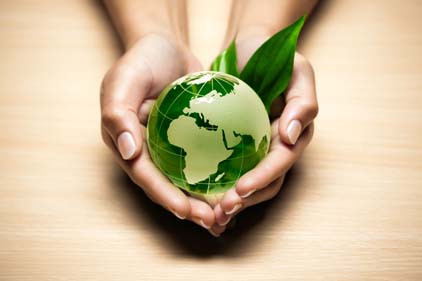Austria and Germany Lead Europe for Highest Recycling Rates

Austria, Germany and Belgium recycled the largest proportion of municipal waste in Europe in 2010, according to the European Environmental Agency (EEA). This is according to a new report from the EEA, which looks at the management of municipal solid waste, mainly consisting of household waste, in 27 EU member states, Croatia, Iceland, Norway, Switzerland, and Turkey.
Although some countries have rapidly increased recycling rates, Europe is still wasting vast quantities of valuable resources by sending them to the landfill, and many countries risk falling short of legally binding recycling targets. Overall 35% of municipal waste was recycled in Europe in 2010, an increase compared to 23% in 2001. But many countries are expected to find it difficult to meet EU-mandated targets to recycle 50% of household and similar waste by 2020.
Although five countries have already achieved the target, most others will need to make extraordinary efforts to achieve this before the deadline. For example, Bulgaria and Romania currently seem to recycle small proportions of municipal waste; in order to meet the target by 2020, they must increase recycling by more than 4 percentage points per year during this decade—something that no country managed to do between 2001 and 2010.
The UK increased its share of municipal waste recycling from 12% to 39% between 2001 and 2010, while Ireland raised recycling rates from 11% to 36% over the same period. Slovenia, Poland and Hungary have also dramatically improved recycling rates since joining the EU. Recycling rates are highest in Austria, with 63%, followed by Germany (62%), Belgium (58%), the Netherlands (51%) and Switzerland (51%).
“In a relatively short time, some countries have successfully encouraged a culture of recycling, with infrastructure, incentives and public awareness campaigns,” said Jacqueline McGlade, EEA executive director. “But others are still lagging behind, wasting huge volumes of resources. The current intense demand for some materials should alert countries to the clear economic opportunities in recycling.”
For additional information, visit http://www.eea.europa.eu.
Looking for a reprint of this article?
From high-res PDFs to custom plaques, order your copy today!




